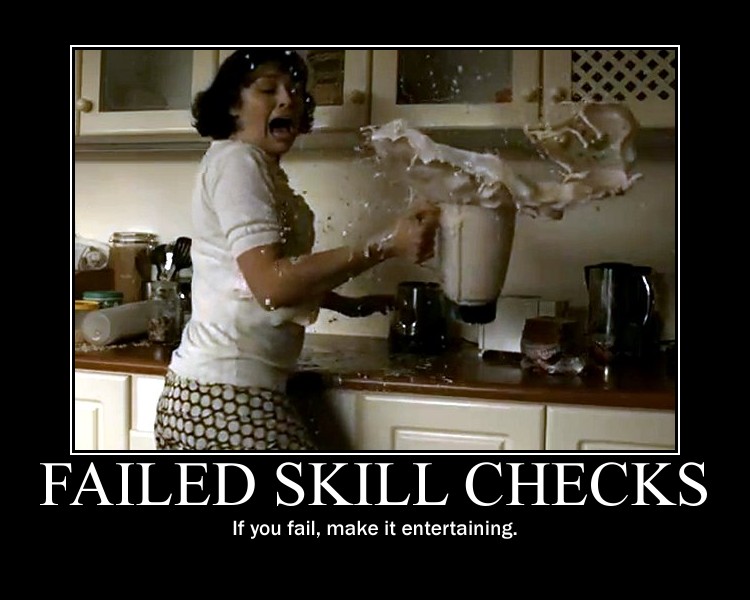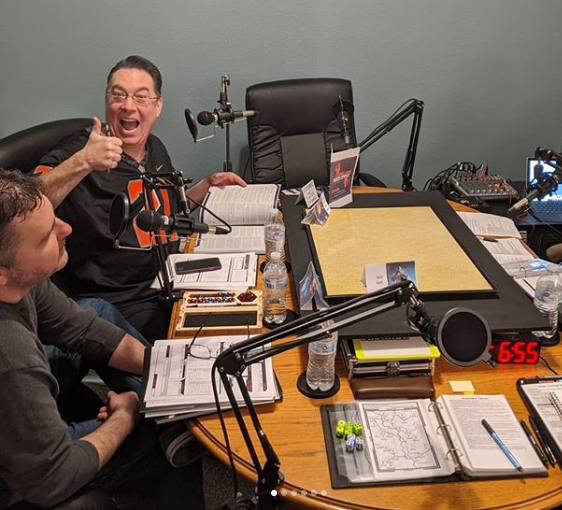
I’ve reread the 5e skill check rules and looked at adventure examples from the 5e Starter Set, as well as best practices folks have posted on the forums. Here’s my summary of skill check in my own words.
Investigation versus Perception
If a check relies more on reasoning than on the senses, roll Intelligence (Investigation). If the check relies more on the senses than on reasoning, roll Wisdom (Perception).
Passive and Active Checks
In the D&D Starter Set adventure, under Secret doors it lists two different DCs, one for passive and one for active (15/10).
If you’re not actively searching or on look-out, then you invoke Passive checks (which have a higher DC). If you are actively searching or on look-out (such as on watch, guarding a camp), then you roll active Perception check at a lower DC.
Tracking
Use Wisdom (Perception) to find the tracks.
If found, then use Wisdom (Survival) to follow the tracks.
Use Intelligence (Investigation) to learn information about the tracks, such as movement patterns or how and why they end.
For the full rules on Tracking, see DMG page 244.
Example from a forum:
The party needs to hunt a beast that terrorizes a village.
- The group arrives to the scene, they try to find some kind of thread to follow,
- Wizard starts investigating, making sure that this is an animal attack, and then proceeds to deduce where it came from and it’s motive, hunger, territorial (Investigation)
- Party finds some tracks to follow (Automatic or Perception most likely)
- Ranger tries to identify the beast (Knowledge Nature)
- Ranger follows tracks (Survival check)
- Ranger notices that the party came by this place twice (Perception Check)
- The wizard tries to deduce why would the creature move in circles (Investigation Check)



Recent Comments